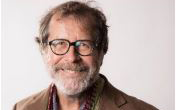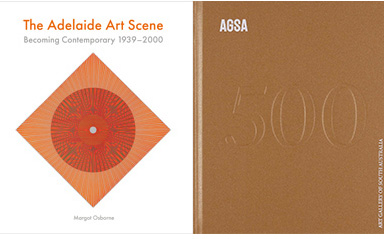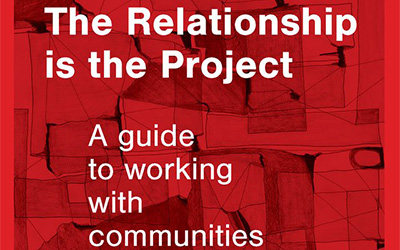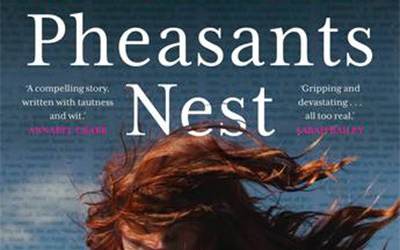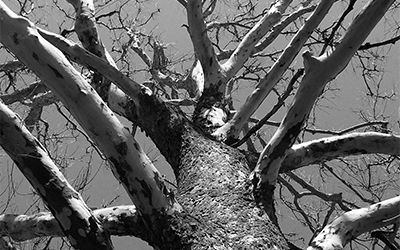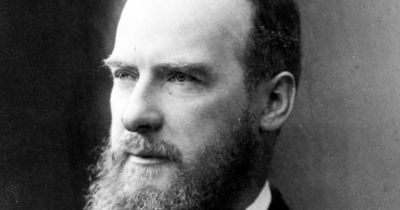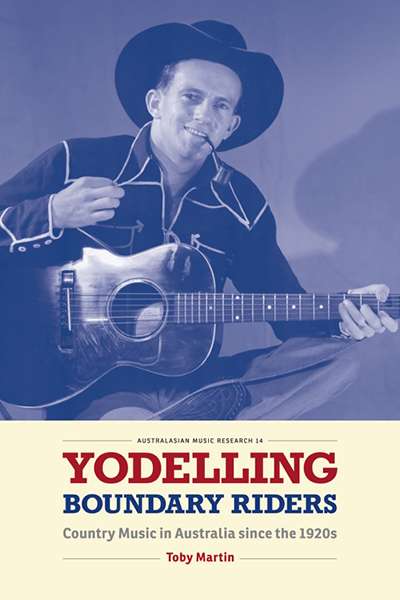Memoir
Knife: Meditations after an attempted murder by Salman Rushdie
by James Ley
The opening pages of Knife give an account of the attempted murder of Salman Rushdie at a speaking engagement in upstate New York on 12 August 2022. His assailant charged out of the audience and onto the stage, where he attacked the author, using one of several knives he had brought along, for exactly twenty-seven seconds. Rushdie is precise about that detail, which one imagines is rather a long time if you are being stabbed. By the time he was restrained, the would-be assassin had seriously wounded Rushdie’s left hand, punctured his torso multiple times, slashed his neck, and stabbed him in the right eye deeply enough to destroy the optic nerve.





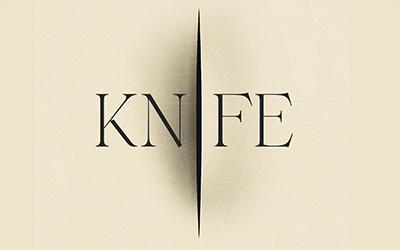
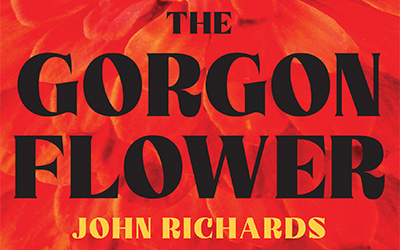

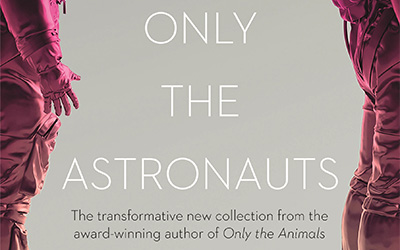
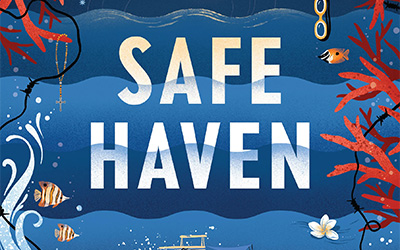
-FEAT.png)
